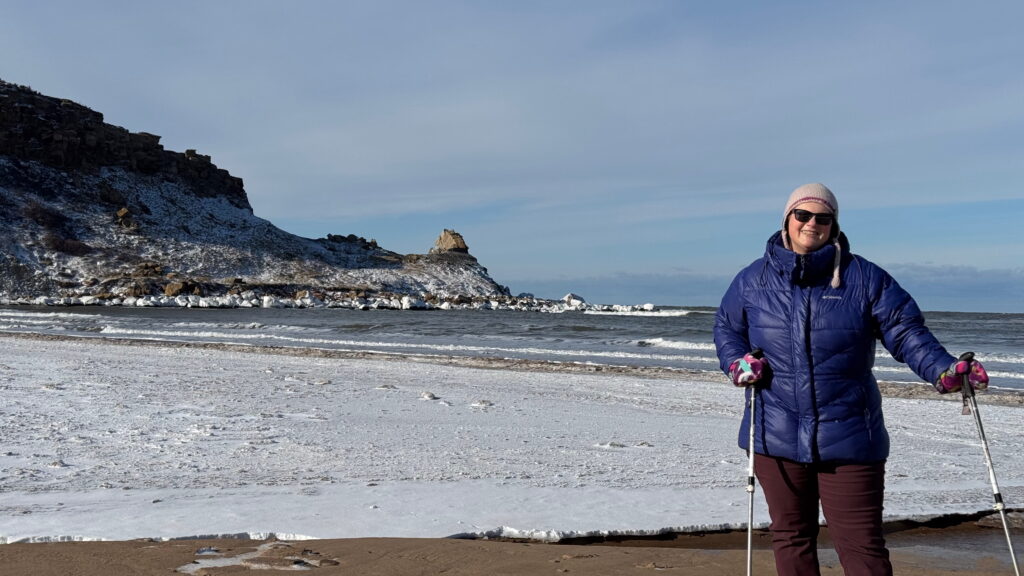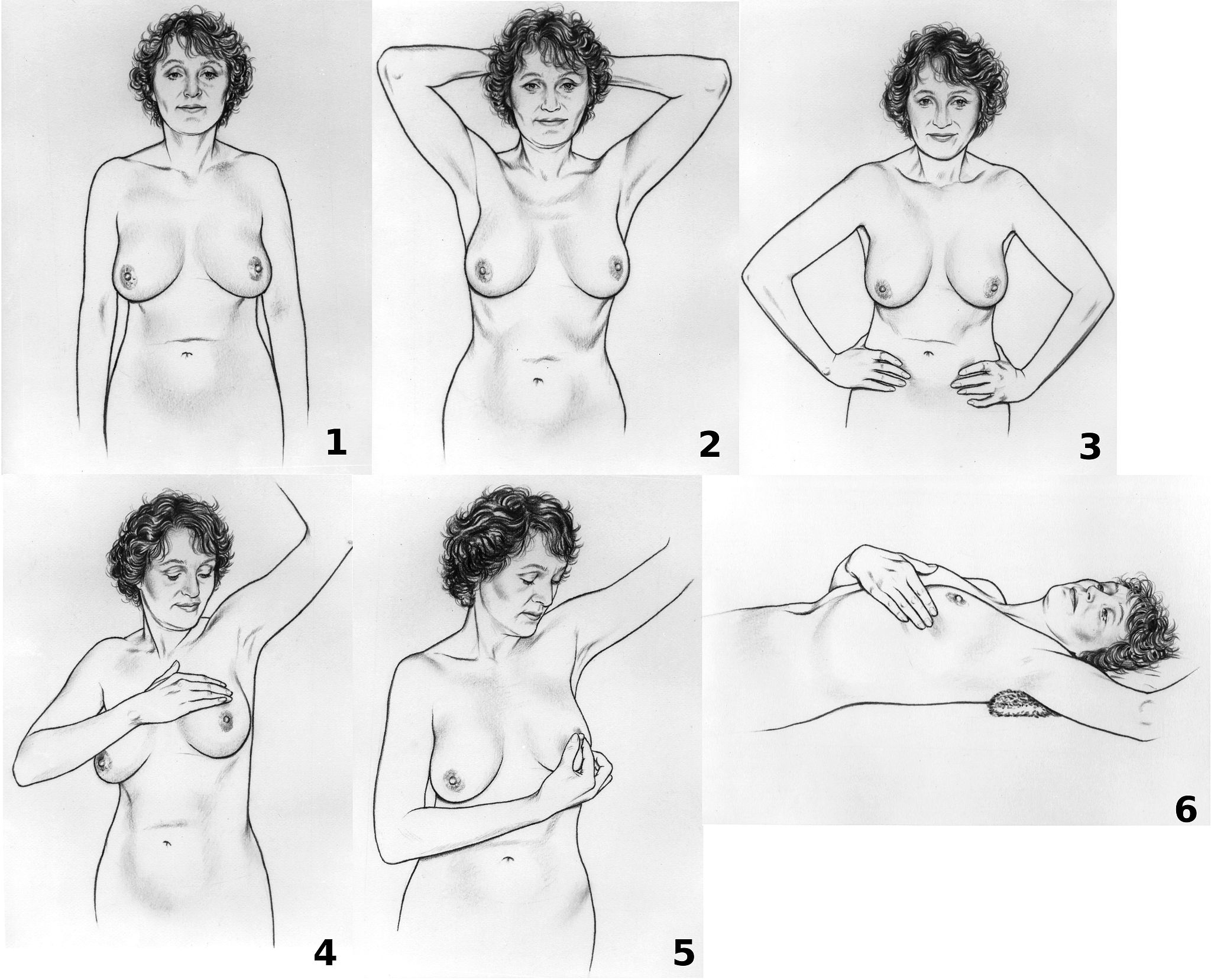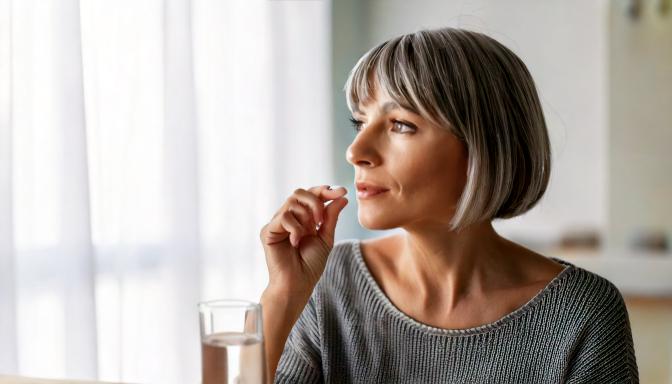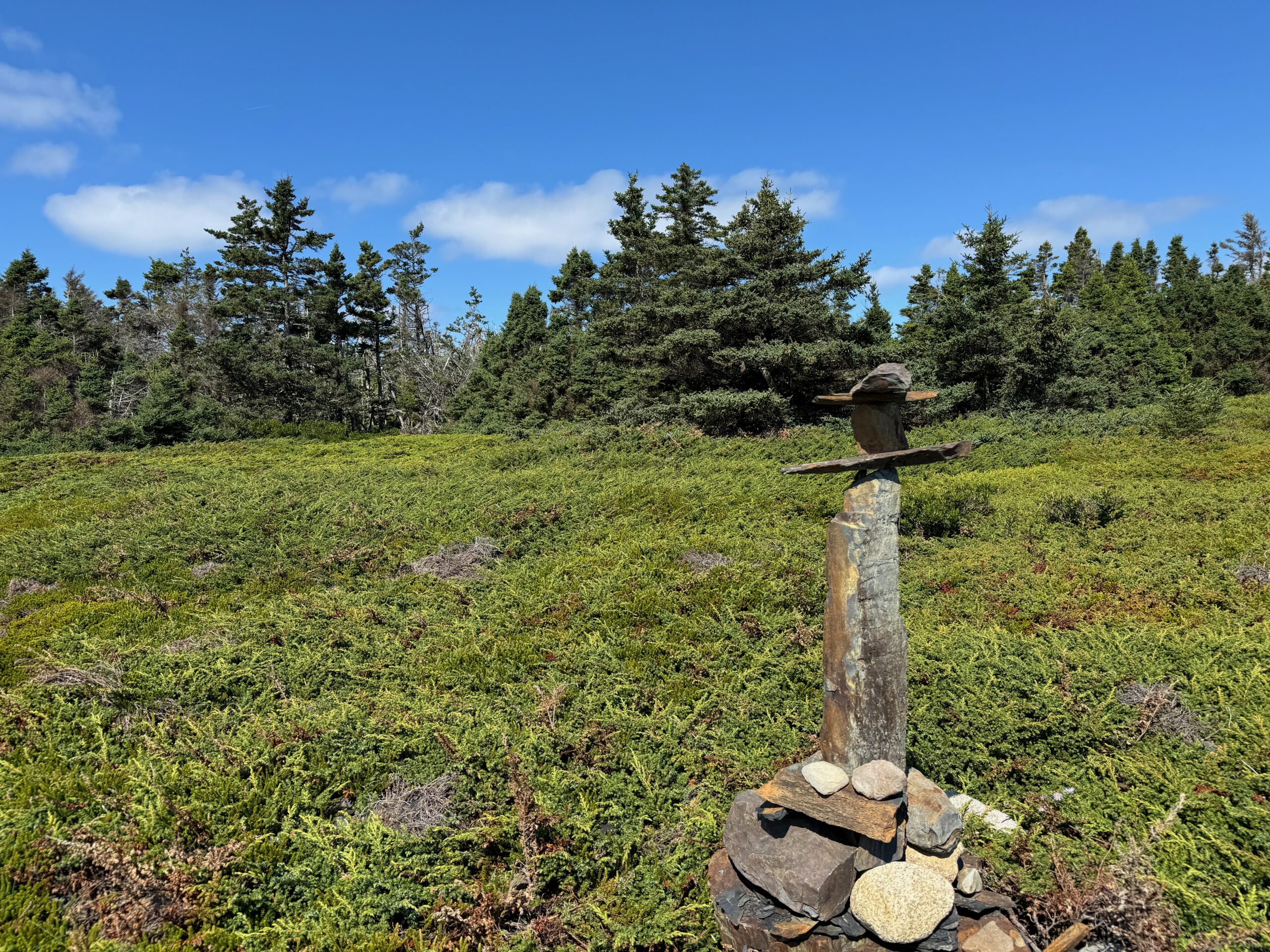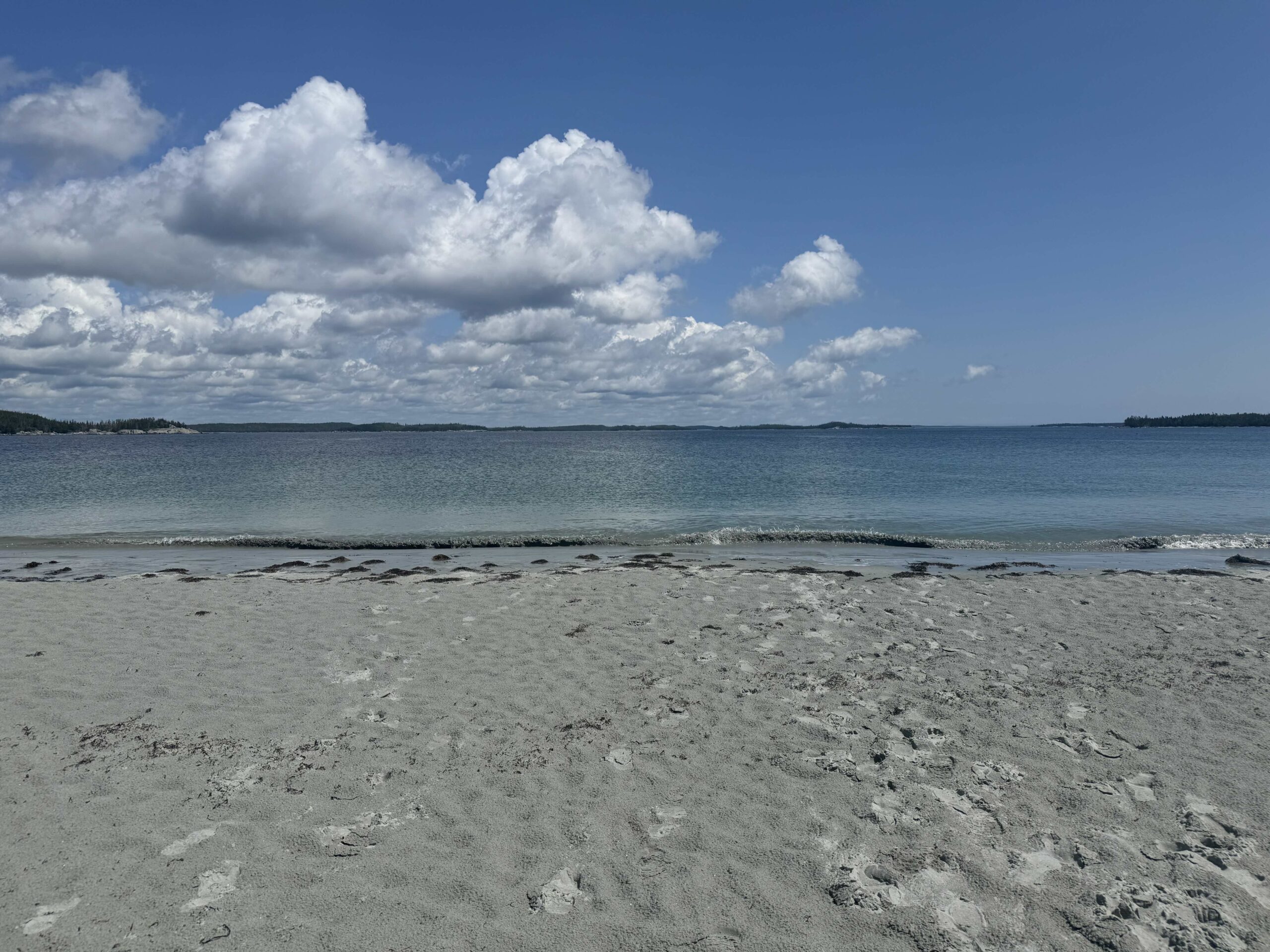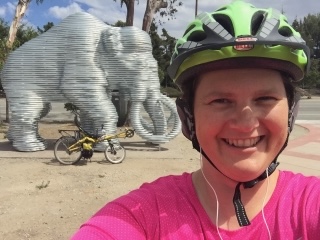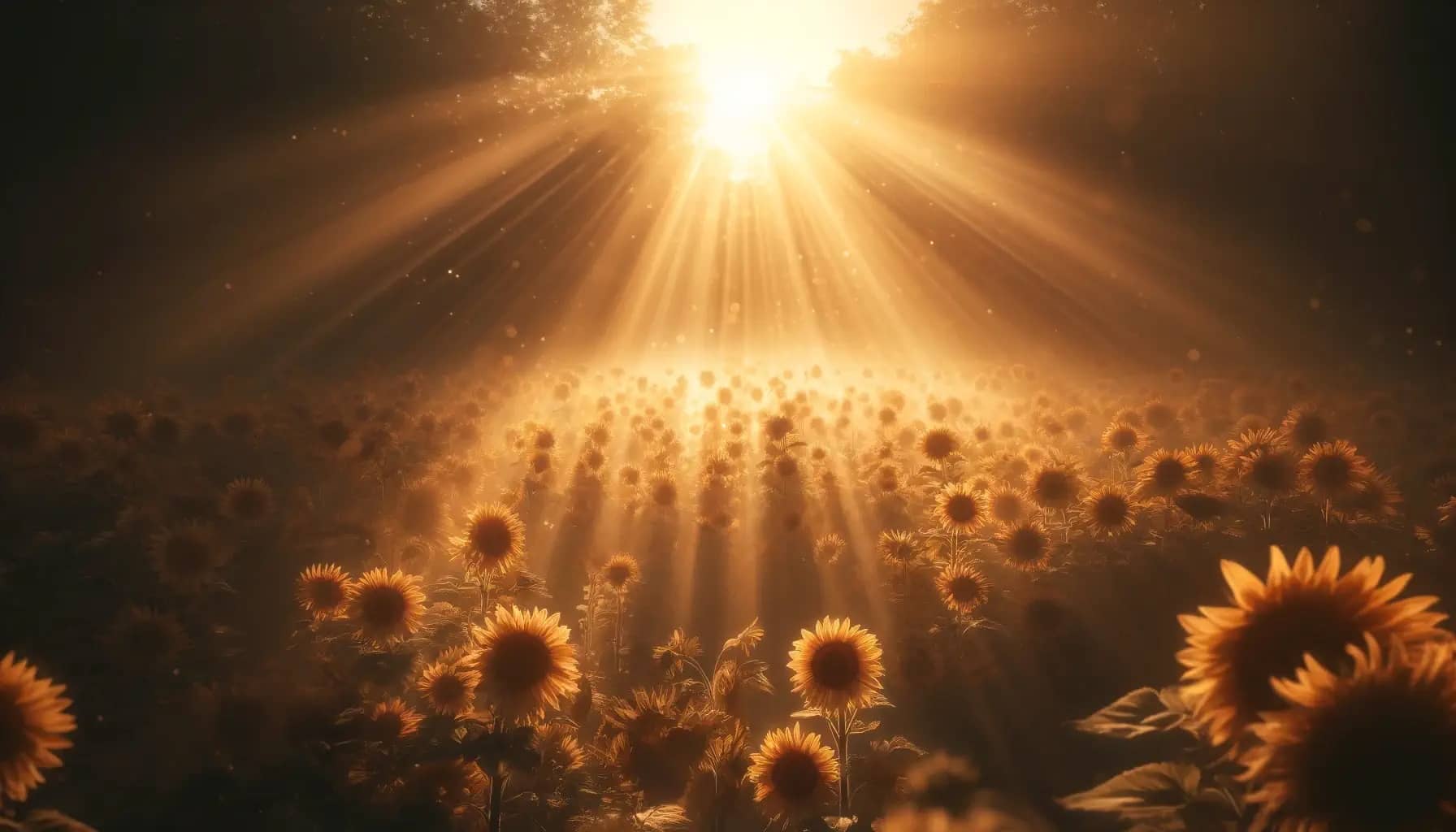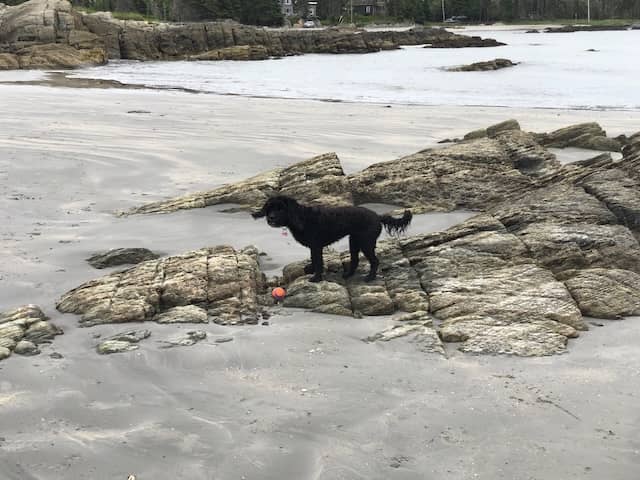This is a story written base on reflections my initial year after diagnosis (2016), with added comments about what I’m thinking after my second diagnosis (2024).
Like my stories? Please subscribe.
~~~~~ 2016 ~~~~~
Words matter. Certain words sting, and one of them is “prevention.” Why? Because “prevention” suggests we know the cause of something and have the power to stop it. For me, that word lands heavy, almost accusatory. It’s like an unspoken judgment: You didn’t prevent this, so maybe you’re to blame.
I stumble across another concept: healthy privilege. It’s the idea that if you’ve never faced a serious illness—or cared for someone who has—you can’t fully understand what it’s like. I’m drawn to the explanations I find, especially the Spoon Theory, which perfectly captures the daily toll of limited energy.
The Spoon Theory, created by Christine Miserandino, is a metaphor for the energy it takes to get through the day when you live with chronic illness or limited health. Imagine starting your day with a set number of spoons—each representing a unit of energy. Every task costs a spoon: getting out of bed, making breakfast, answering an email. Unlike someone who is healthy, you don’t have an unlimited supply. Once your spoons are gone, you’re done. There’s no borrowing from tomorrow. For those of us who’ve lost healthy privilege, every choice, every activity is a calculation: Do I spend my last spoons folding laundry, or do I save them for dinner with my family?
Before cancer, I didn’t understand what it meant to always be living with a limited number of spoons on a given day.
Healthy privilege and “prevention” collide in my mind. That word—“prevention”—feels like something healthy people cling to for security. For them, it’s a comforting thought: “If I do everything right, I’ll stay safe.” But for those of us who’ve been through illness, the word loses its comfort. It can feel like a weapon. It carries an undertone of blame, a suggestion that maybe we failed.
Take breast cancer, for example. The phrase “preventing recurrence” pops up all the time in discussions. Yet it’s misleading. The truth is, we don’t know what causes breast cancer to return. We can take steps to lower the risk, but we can’t eliminate it.
People who eat the “right” foods, exercise daily, and follow every medical recommendation still get breast cancer. Some progress to stage IV despite doing everything they’re told. Healthy choices may correlate with a lower risk of recurrence, but correlation isn’t causation. Just because something’s linked to a reduced likelihood doesn’t mean it prevents cancer.
~~~~~ 2024 ~~~~~
Since my recurrence, I’ve already done everything within my power to reduce the chances of the cancer coming back. The surgery removed the cancer, and the chemotherapy and immunotherapy—Herceptin—were steps to lower the risk further. Yet, I know that lowering risk isn’t the same as preventing recurrence.
My cancer was triple positive, meaning it was driven by HER2, oestrogen, and progesterone. Because of this, my treatment plan doesn’t end with chemotherapy. My next step is hormone therapy, which targets the hormones that fuel the cancer’s growth. In hormone receptor-positive cancers like mine, oestrogen and progesterone can act like fuel for tumour cells. Hormone therapy works by either blocking the hormones from attaching to cancer cells or reducing the body’s ability to produce these hormones altogether.
For me, this means trying Letrozole, an aromatase inhibitor. Unlike tamoxifen, which blocks oestrogen receptors, Letrozole stops the production of oestrogen by inhibiting an enzyme called aromatase. Aromatase converts androgens into oestrogen, especially in postmenopausal women. By shutting down this process, Letrozole creates a hormone-starved environment where cancer cells have less chance to grow or return.
Starting in January, after giving my body a few months to recover from chemotherapy and Herceptin, I’ll begin taking Letrozole. The plan is to stay on it for five years—if I can tolerate it. That’s the key: I’ll continue only if it doesn’t significantly impact my quality of life. Hormone therapy often comes with side effects, including joint pain, fatigue, and hot flashes, and it’s important to weigh these effects against the benefits. My goal is not just to live longer but to live well.
This recurrence does not mean I failed. It’s taken time to internalize this truth. The treatments I underwent before failed me—I didn’t fail them. I am not the one to blame for the cancer coming back.
